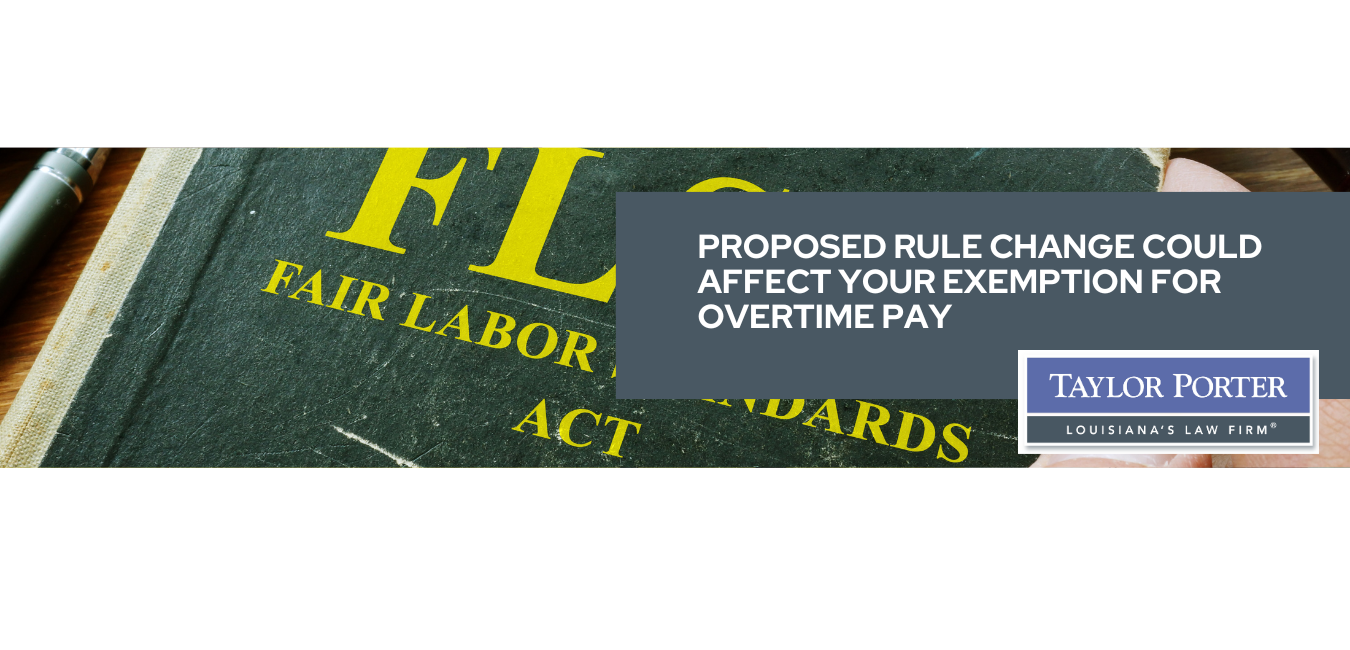Gallardo v. Marstiller: The Supreme Court Opines on Medicaid Reimbursement Rights
By Barrye Panepinto Miyagi, JD, CMSPF-S and Shannon A. Shelton, JD, CMSP
The Supreme Court of the United States has issued a 7-2 ruling addressing state Medicaid recovery rights. See Gallardo v. Marstiller, No. 20-1263, 2022 WL 1914096 (U.S. June 6, 2022). Gallardo addresses key issues, namely: (1) whether past medical expenses paid by state Medicaid are recoverable from settlement funds specifically allocated to future medical expenses; and (2) whether Florida’s Medicaid Third-Party Liability Act (the “Florida Medicaid Act”) violates the federal Medicaid anti-lien provision. Although Gallardo focuses on federal law and the Florida Medicaid Act, the decision provides guidance when evaluating any state’s Medicaid recovery rights.
Background
Minor Gianinna Gallardo, a Florida Medicaid recipient, suffered catastrophic injuries when a truck struck her as she exited a Florida school bus. The parties settled her claims for $800,000, allocating $35,000 of the settlement to past medical expenses. No portion of the settlement was allocated for future medical expenses. Florida Medicaid’s pre-settlement payments for Gallardo’s accident-related injuries totaled over $800,000.
The Florida Medicaid Act provides a rebuttable statutory formula for calculating the portion of a settlement or judgment from which Florida Medicaid may recover past and future medical expenses. Fla. Stat. §§ 409.910(11)(f)(1), (17)(b). Applying the formula to the facts of Gallardo, Florida Medicaid was entitled to recover $300,000 (37.5% of the total award) for past and future medical expenses, notwithstanding the allocation in the settlement.
Pursuant to the federal Medicaid Act, states must require beneficiaries to assign to the state any rights to seek payment from a responsible/liable third party. 42 U.S.C. §§ 1396(a)(1)(A), 1396a(a)(45). States are also required to enact laws designed to facilitate reimbursement. Id. § 1396a(a)(25)(A)–(B). These laws must be balanced against the Medicaid Act’s anti-lien provision, which prevents states from recovering medical expenses from a beneficiary’s property prior to his death. Id. § 1396p(a)(1). Since a beneficiary has a property right in the proceeds of a settlement, “the anti-lien provision protects settlements from states’ reimbursement efforts absent a statutory exception.” In 2006, the Supreme Court held in Arkansas Dept. of Health and Human Servs. v. Ahlborn, 547 U.S. 268 (2006), that the federal anti-lien provision preempts a state’s effort to take any portion of a settlement not “designated as payments for medical care.” In Wos v. E.M.A. ex rel. Johnson, 568 U.S. 627 (2013), the Supreme Court addressed how to determine what portion of a beneficiary’s tort recovery is attributable to medical expenses. Wos held that irrebuttable, statutory allocations for medical expenses violated the anti-lien provision.
Gallardo challenged Florida Medicaid’s statutory formula for allocating medical expenses in an administrative proceeding. She also filed suit in federal court seeking a declaration that the federal Medicaid Act’s anti-lien provision foreclosed a State’s ability to recover any amount of the settlement (whether for past or future medical expenses) in excess of the amount allocated in the settlement for past medical expenses. The Eleventh Circuit declined to limit Florida Medicaid’s recovery. Gallardo petitioned the Supreme Court.
Opinion
The Supreme Court held that the Florida Medicaid Act falls squarely within the statutory exception to the anti-lien provision. The Supreme Court found no relevant distinction between past and future medical expenses but instead determined that the relevant distinction was between medical and nonmedical expenses. In sum, Florida Medicaid was entitled to reimbursement from the entire portion of the settlement that Florida law designated as medical expenses regardless of whether those expenses were classified as past or future.
Justice Thomas authored the majority opinion of the Court. Justice Sotomayor authored a dissenting opinion, in which Justice Breyer joined.
Moving Forward
Gallardo makes it clear that past medical expenses paid by Florida Medicaid are recoverable from settlement funds statutorily allocated to past and future medical expenses. While Gallardo provides a framework against which a state’s Medicaid recovery rights may be evaluated/analyzed, the decision in Gallardo is not dispositive of the reimbursement rights of each state. Gallardo also did not squarely address a state’s right to recover future unpaid medical expenses, as those facts were not before the Court. To determine Gallardo’s effect on a settlement and/or a state’s Medicaid recovery rights, the Medicaid recovery statutes of the state at issue must be evaluated. Many states may find that legislation is needed to strengthen their recovery rights.
If you have questions about Gallardo, Medicaid and/or Medicare lien solutions, please contact Barrye Panepinto Miyagi or Shannon A. Shelton.
Taylor Porter thanks its summer law clerks, Tyler Frederick and Jennifer Baker, for their assistance with this blog.
This website is for general information purposes only. Information posted is not intended to be legal advice. For more information, please see our Disclaimer message.
See how we can help. Contact us today
8th Floor • 450 Laurel Street • Baton Rouge, LA 70801 • 225-387-3221
- Disclaimer
- © Taylor, Porter, Brooks & Phillips L.L.P. All rights reserved.






